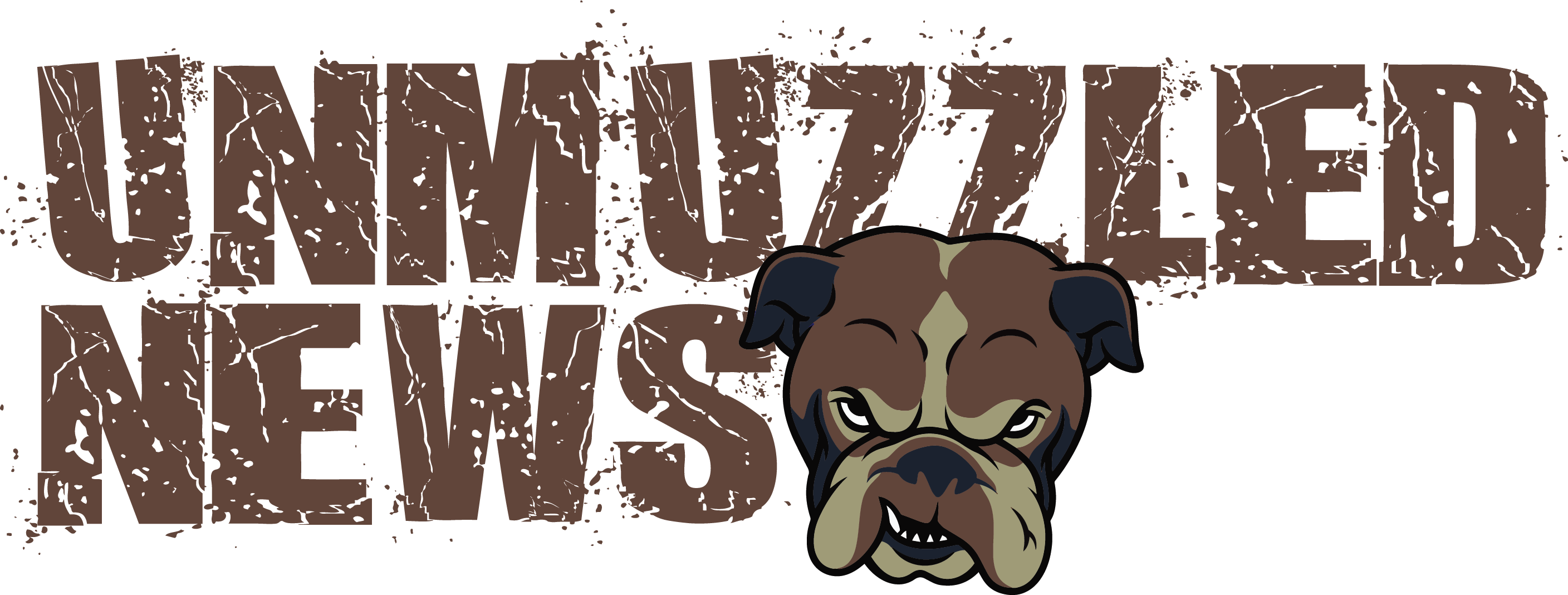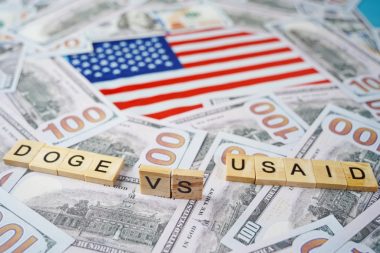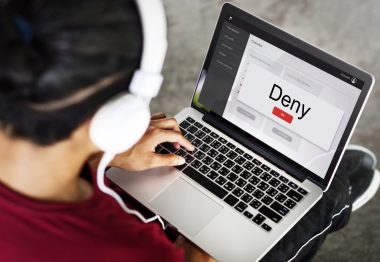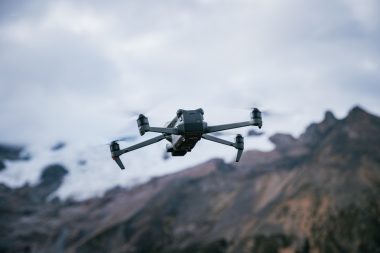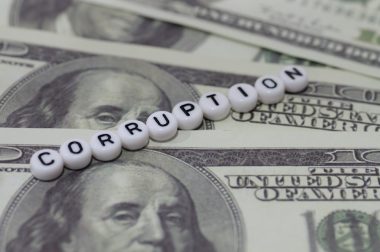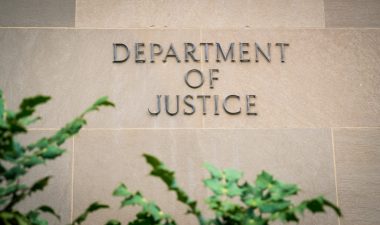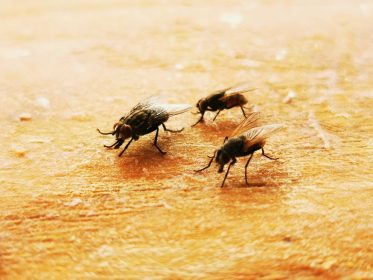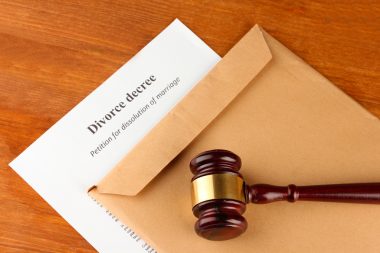Latest News
A USAID bribery scandal was shut down after DOGE uncovered million-dollar corruption
Democrats threw a fit when DOGE eliminated wasteful government agencies. They claimed cutting USAID would harm innocent people…
July 1, 2025
James Comer Exposed Just How Far Biden’s War Against Conservatives Really Went
Biden’s war against conservatives didn’t stop at weaponizing the Justice Department. It extended into every corner of American…
July 1, 2025
Pentagon Officials Were Left Scrambling After This Scary Drone Report
The Pentagon brass thought they had everything under control. They were dead wrong. And Pentagon officials were left…
June 30, 2025
A crooked federal worker got exposed for one scheme that will make Donald Trump livid
Donald Trump promised to clean up the corrupt swamp in Washington, D.C. He’s been working around the clock…
June 30, 2025
What This Bowfisherman Caught in Kentucky Left Biologists Shell-Shocked
A group of friends thought it was going to be another routine fishing trip. They never expected…
June 30, 2025
Pam Bondi launched a devastating probe that could expose massive Democrat campaign crimes
The Attorney General is closing in on a scandal that could shake Washington, D.C. to its core. Democrats…
June 29, 2025
Kristi Noem delivered a crushing blow to Biden’s woke agenda that will have Democrats seething
The Biden administration spent four years forcing radical DEI policies down Americans’ throats. But their house of cards…
June 29, 2025
A nightmare scenario got more terrifying as this deadly threat moves toward the border
The Biden administration’s open border policies created more than just a security crisis. They may have opened a…
June 29, 2025
Michelle Obama got caught in one lie about her marriage that has Barack fuming
Michelle Obama has been working overtime to control the narrative. She keeps offering new explanations about her troubled…
June 29, 2025
AOC never saw this earth-shattering victory coming that changes everything for 2028
Alexandria Ocasio-Cortez thought she was just backing another progressive candidate. But her endorsement just paid off in ways…
June 28, 2025
